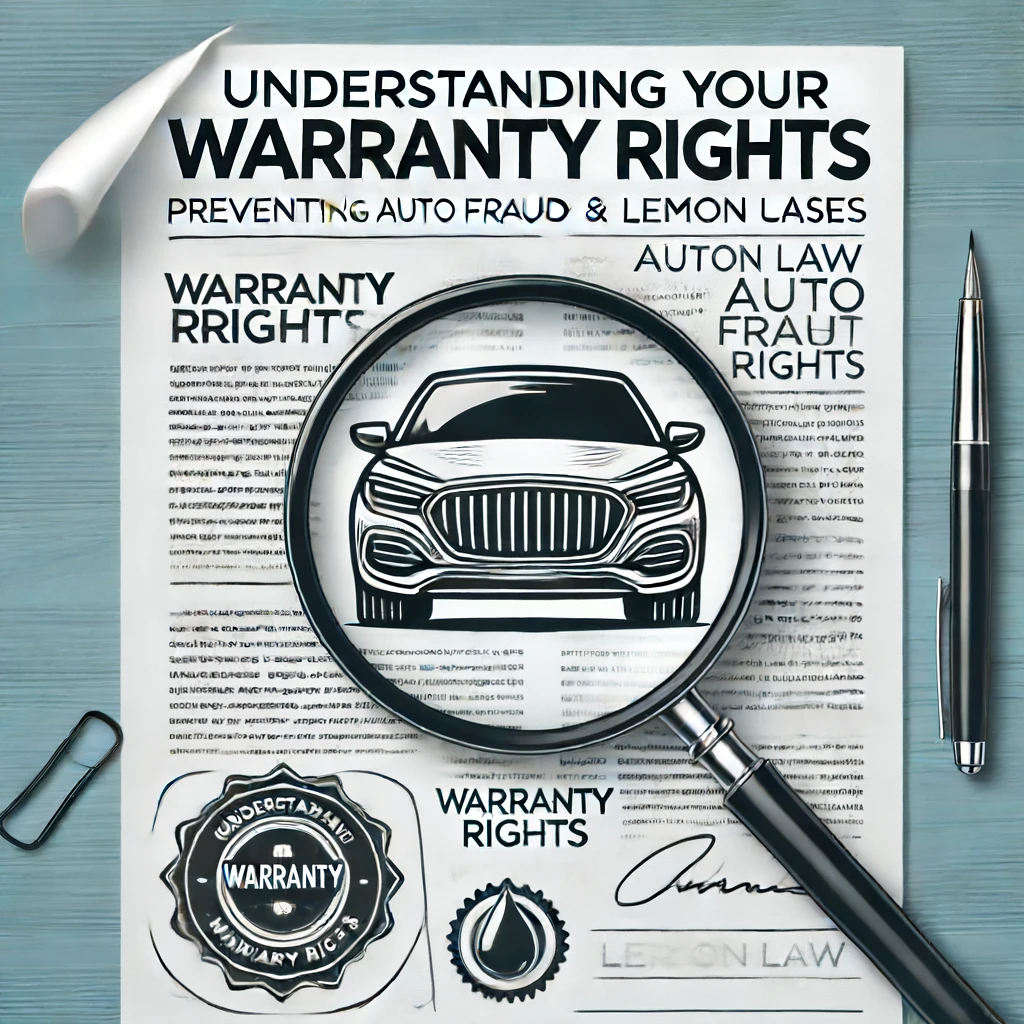
You have heard to proverb, “When life gives you lemons, make lemonade.” Unfortunately, the proverb does apply to the lemon you purchased from a local auto dealer. In fact, the lemon you purchased requires the legal protections offered by federal and California lemon laws.
Andrew Rosen got an up close view of California lemon law. The bay area native bought a late model vehicle that immediately experienced several performance issues, none of which concerned serious safety issues. “I spent more time searching for answers than the time I spent searching for a car,” said Andrew. Eventually, Andrew hired an attorney who specializes in California lemon law cases.
Overview of Lemon Laws
Most states that include California define vehicle lemons to possess a substantial defect that a warranty covers. In addition, you might own a lemon that has undergone several repair attempts, but the defective vehicle still delivers inferior performance. The definition of a substantial defect varies by state, but the definition typically excludes any defects that occur after you purchase a vehicle. For example, a defective braking system that puts you in harm’s way represents a substantial defect, while a rip in the back seat upholstery is not considered the loss of a “serious function.” However, the vague line that separates substantial defects and minor maintenance problems is not always clear, which means you should consult with a licensed consumer law attorney to see where you stand on the “substantial defects” lemon law clause.
What Constitutes Reasonable Number of Repairs?
Another ambiguous lemon law term refers to “Reasonable number of repairs.” What seems reasonable to an auto dealer might not seem reasonable to you. If you experience one or more substantial vehicle defects, the dealer or the car manufacturer has to make a certain number reasonable of repair attempts. The number of reasonable repair attempts depends on the severity of the vehicle defect. A serious safety defect typically requires only one repair attempt to qualify as reasonable.
Federal Lemon Protection
The Magnuson-Moss Warranty Act protects consumers who purchase products worth more than $25. The act prevents auto manufacturers from creating unfair warranties, as well as gives consumers the power to file lawsuits to recover attorney fees. We strongly urge you to contact an accomplished consumer law attorney to determine if you are a victim of an exceedingly unfair warranty.
California Lemon Law
The Song-Beverly Warranty Act covers California lemon law. California lemon law defines a lemon as a vehicle that received two or more attempts to fix substantial defects that “could result in death or serious injury.” The dealer or car manufacturer must make the repair attempts within the first 18 months of purchase or within the first 18,000 miles, whichever comes first. Other definitions of lemons include a manufacturer’s attempt to repair the same non-serious warranty covered problem at least four times. Moreover, any substantial defect must not have been caused by the vehicle owner. If you own a lemon as defined under California law, the manufacturer can replace your vehicle or send you a refund that covers the purchase price of the vehicle.
How to Deal with the Manufacturer
If the auto dealer refuses to help you, you need to contact the auto manufacturer to ask the manufacturer to purchase your defective vehicle. The auto manufacturer might offer an arbitration program that helps settle your lemon buy back request. Check your vehicle owner’s manual to see if you have the option to file for arbitration. Make sure to attend the arbitration hearing, as well as request the transcript of the proceeding.
You might lose an arbitration hearing or receive a decision that does not cover all of the expenses of repairing the lemon you purchased from a dealer. If this happens, we suggest you contact our law firm to schedule an initial free consultation to determine which legal steps you should take to recover the costs of owning a lemon in the State of California.





